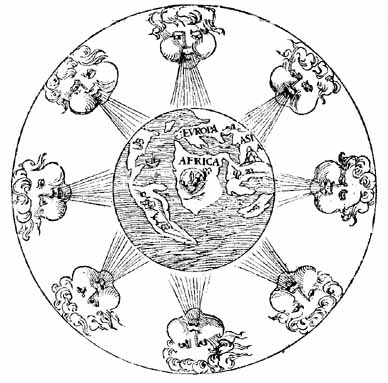Partington Prize - Society for the History of Alchemy and Chemistry - Deadline: Dec. 31, 2010
The Society for the History of Alchemy and Chemistry has established the Partington
Prize in memory of Professor James Riddick Partington, the Society's first Chairman. It is
awarded every three years for an original and unpublished essay on any aspect of the
history of alchemy or chemistry. The prize consists of five hundred pounds (£500).
The competition is open to anyone with a scholarly interest in the history of alchemy or
chemistry who, by the closing date of 31 December 2010 has not reached 35 years of age,
or if older has completed a doctoral thesis in the history of science within the previous
three years. Scholars from any country may enter the competition, but entries must be
submitted in English and must not have been previously submitted to another journal. The
prize-winning essay will be published in the Society's journal, Ambix. One hard copy of the
entry, word processed on one side of the paper, should be submitted, along with a copy of
the entry on disc. We prefer files to be in Microsoft Word XP, if possible. Essays must be
fully documented using the conventions used in the current issue of Ambix. Essays must not
exceed 10,000 words in length, including references and footnotes. All entries must be
submitted with a word count.
All entries should be sent to John Perkins, Hon Treasurer, Centre for Health, Medicine
and Society, Oxford Brookes University, Gipsy Lane, Headington, Oxford OX3 0BP, with the
words 'Partington Prize' written clearly on the envelope. Each entry should contain a
separate title page giving the authorâ's name, institution, postal address, email address
and date of birth (and if relevant the date of completion of their thesis). The author’s
name and contact details must not appear on the pages of the essay as the identity of the
author will not be made available to the judges. Essays (no more than one from each
competitor) must be received no later than 31 December 2010.
The decision of the judges appointed by the Council will be final. The Society reserves
the right to divide the prize between two or more entries of equal merit, or not to award
a prize should no essay be deemed of suitable standard.
The name of the winner will be announced by 30 April 2011, and all essays will be
returned to competitors soon after that date.

